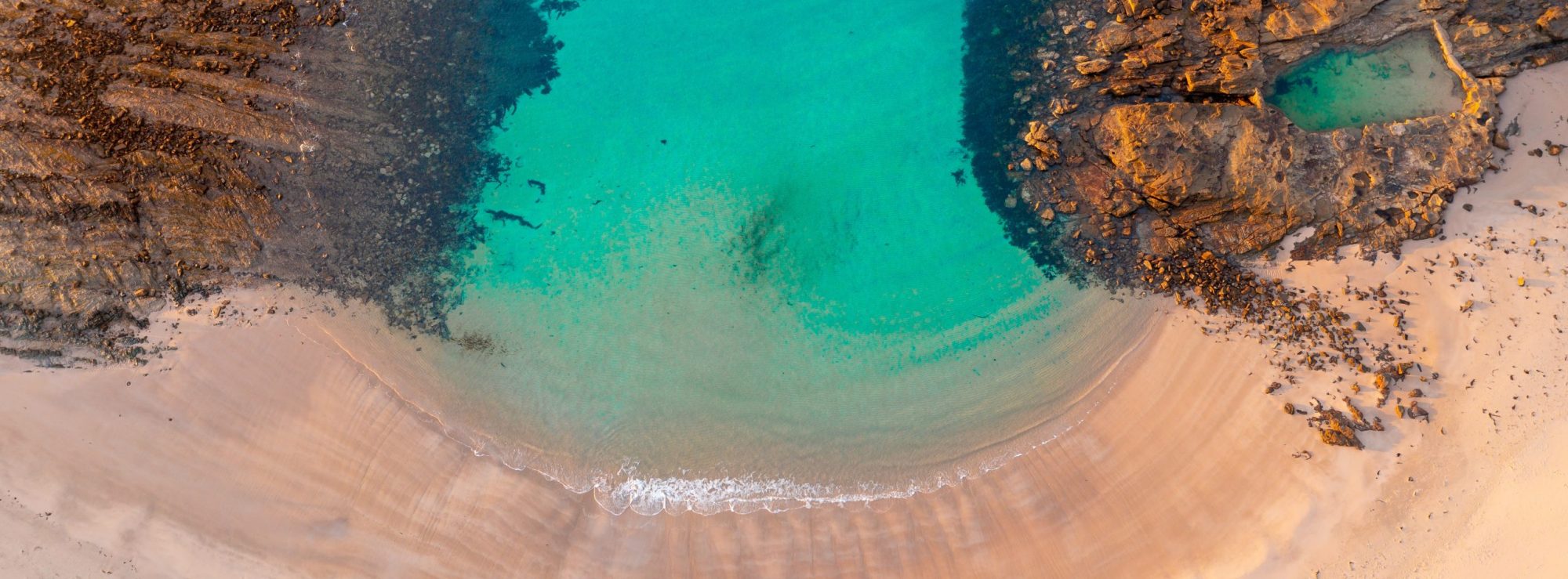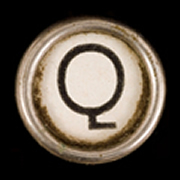I write this from the smug afterglow of having seen my first tweet displayed on Q&A. My increasing infatuation with Twitter has led me to see the ABC’s current affairs panel discussion as Australia’s social media mecca. I am not alone, opinionated eccentrics engaging in a lively and live panel discussion moderated by the luminary presence of Tony Jones has captured the imagination of the Australian tweeting public. I, like many others, spend my Monday nights bombarding the Q&A hashtag (#qanda) with self-important and grossly uninformed witticisms. I was pretty chuffed to finally get one up.
Five years from now I will probably look back on this Twitter fancy with an embarrassment similar to that now experienced by the chatroom addicts of the late 1990s but for now I will continue my infatuation (and procrastination) with the little blue bird.
Twitter is lauded for providing unmediated access to breaking news in real time. One need look no further than the digital avalanche that has followed in the wake of Hurricane Sandy to see this morbid phenomenon but the real time aspect of Twitter not what attracts me. I’m not somebody who needs their news right now. I don’t actually think there are many people who do. I can see the benefit for politicians, disaster response experts and M from MI6 but reading about something as it happens or a day or two later makes little difference to the everyday punter.
Twitter interests me because it allows serendipitous discovery of both the inconsequential and informative. I can follow a topic or comment down the rabbit hole into a virtual world of thematically interconnected articles and projects. It encourages reading on a broader range of topics from a wider range of sources. It also allows me to engage with likeminded people and participate in informed discussion. Like all social media platforms there is the narcissistic rubbish but if you can see your way through that then you can find gold on the other side. In some respects it is similar to skimming through a pile of newspapers and journals.
I still like to feel the ink on my fingertips but it is obvious that the news and journalism paradigm has fundamentally changed in the digital age. Much is being made of the rise of citizen journalism and the advent of social media has certainly changed print journalism as well as television news and current affairs programs. One-way communication is giving way to two-way engagement albeit on unequal terms. Here in Australia, the ABC and SBS have been some of the most innovative users of social media and multimedia to facilitate greater engagement with their audience. Like many other programs, Q&A displays tweets from the bleachers in the news ticker at the bottom of the screen but they also incorporate some of those tweets into the actual discussion. The Q&A format and its aspiration to demonstrate democracy in action, “where the audience asks the questions,” is particularly suited to this approach. They do it well enough for the #QandA hashtag to trend nationally and internationally throughout the broadcast. One broadcast during the 2011 federal election prompted more the 37,000 tweets. Many other news, current affairs and breakfast programs have incorporated similar approaches into their broadcast. It adds value in some cases but many programs do it poorly. Irrespective of the quality of its delivery, the trend to integrate social media into the television broadcasts means that interested citizens now have an unprecedented opportunity to engage and influence the news cycle.
The tweet that was featured on Q&A hardly fits into the category of citizen journalism; it merely reflected how impressed I was by Archie Roach and his contribution to the discussion. I was happy to have it profiled nevertheless. My delight is nerdy, frivolous and probably has something to do with Warhol’s 15 minutes of fame. Perhaps in the digital age this concept could and should be revised to encompass something about 140 characters of fame. That aside, the Q&A format and my use of Twitter provides me with a weekly opportunity to engage in informed discussion with some of Australia’s most pressing issues. I am glad that the ABC staff saw fit to take my tweet as a comment.


One Reply to “#qanda: Australia’s social media mecca”